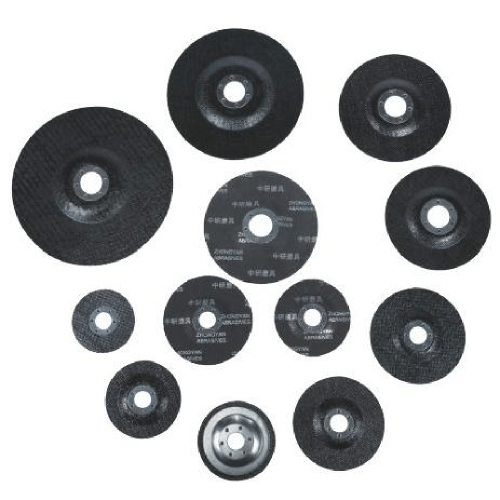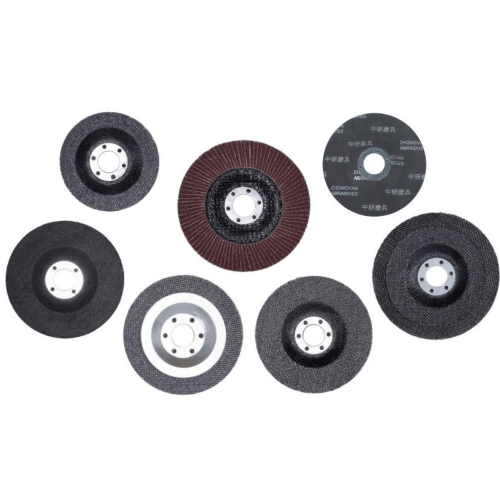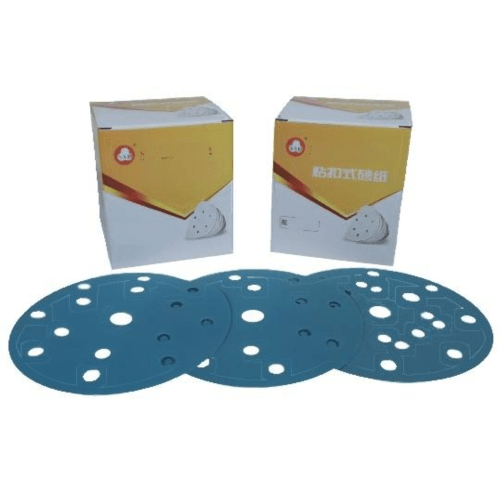acrylonitrile butadiene styrene abs
Acrylonitrile Butadiene Styrene (ABS) is a versatile thermoplastic polymer widely used in manufacturing and engineering applications. This remarkable material is composed of three monomers: acrylonitrile, providing chemical resistance and heat stability, butadiene, contributing to impact strength and toughness, and styrene, offering excellent processing capabilities and rigidity. ABS demonstrates exceptional mechanical properties, including high impact resistance, structural strength, and dimensional stability across varying temperatures. The material exhibits outstanding surface quality, making it ideal for applications requiring aesthetic appeal. Its processing versatility allows for various manufacturing methods, including injection molding, extrusion, and 3D printing. ABS finds extensive use in automotive components, consumer electronics housings, appliance parts, and construction materials. The material's chemical resistance to acids, alkalis, and household chemicals, combined with its excellent electrical insulation properties, makes it suitable for diverse industrial applications. Furthermore, ABS can be easily modified with additives to enhance specific properties such as flame retardancy, UV stability, or heat resistance, making it adaptable to various end-use requirements.


